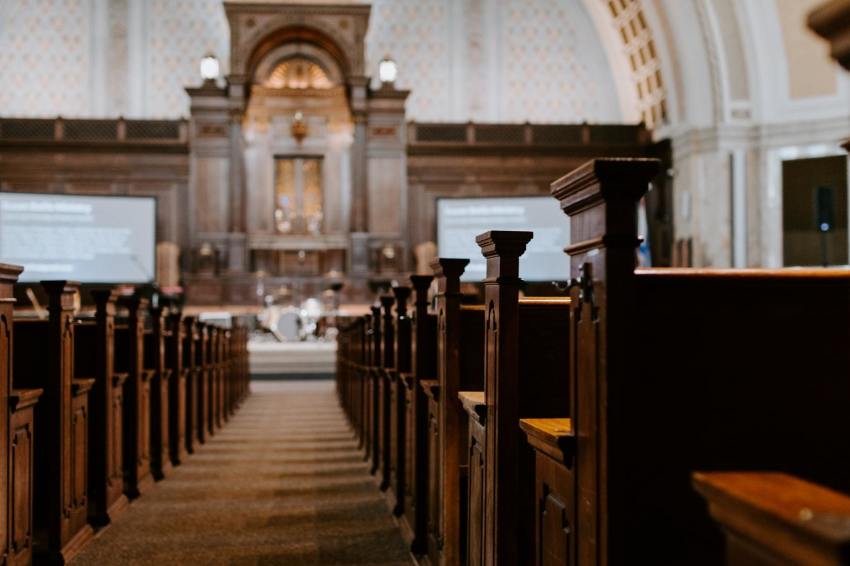Federal judge says Kansas churches can hold gatherings despite state order

A federal judge has ruled that two churches in Kansas can hold worship services, temporarily blocking an executive order barring religious gatherings of more than 10 people.
Pastor Stephen Ormord of First Baptist Church of Dodge City and Pastor Aaron Harris of Calvary Baptist Church of Junction City filed a complaint last week seeking an exemption from the order. U.S. District Court Judge John W. Broomes of the District of Kansas issued an order on Saturday in favor of the two churches, granting them temporary relief from the order.
In his order, Broomes argued that the temporary restraining order was justified in part because the churches were “likely to prevail on” the claim that the shutdown of their services violated their religious freedom.
“… while these executive orders begin with a broad prohibition against mass gatherings, they proceed to carve out broad exemptions for a host of secular activities, many of which bear similarities to the sort of personal contact that will occur during in-person religious services,” wrote Broomes.
“Plaintiffs have made a substantial showing that development of the current restriction on religious activities shows religious activities were specifically targeted for more onerous restrictions than comparable secular activities.”
With the temporary restraining order in place, a later hearing will be held on the churches’ request for an injunction on Thursday morning.
The week before Easter Sunday, Kansas Governor Laura Kelly issued an executive order expanding an earlier order banning gatherings of over 10 people to include religious services.
In a statement defending the measure, Kelly explained that it was a “difficult decision” to reach, but considered it necessary to curb the spread of coronavirus.
“As Holy Week gets underway — and with Kansas rapidly approaching its projected ‘peak’ infection rate in the coming weeks — the risk for a spike in COVID-19 cases through church gatherings is especially dangerous,” said Kelly.
“I’ve said repeatedly during this crisis that we will adjust to circumstances as they develop to make sure we do everything we can to protect Kansans.”
In response to the order, the state Legislative Coordinating Council overturned the measure, arguing that the expanded order raised First Amendment concerns.
However, the Kansas Supreme Court ruled against the LCC action in a per curiam decision released the day before Easter, saying that the legislature lacked the authority to overturn the order.
“The LCC purported to revoke one executive order. We are asked to determine whether it acted within its lawful authority. We hold that it did not,” ruled the court.
“As ultimately acknowledged by all counsel during oral arguments today, even if we accept House Concurrent Resolution 5025 as an otherwise valid exercise of legislative authority, its plain text did not authorize the LCC to revoke Executive Order 20-18. That acknowledgment ends this controversy.”
The state supreme court nevertheless explained in their ruling that the decision was not meant to address “the religious liberty dimensions of this dispute.”



























